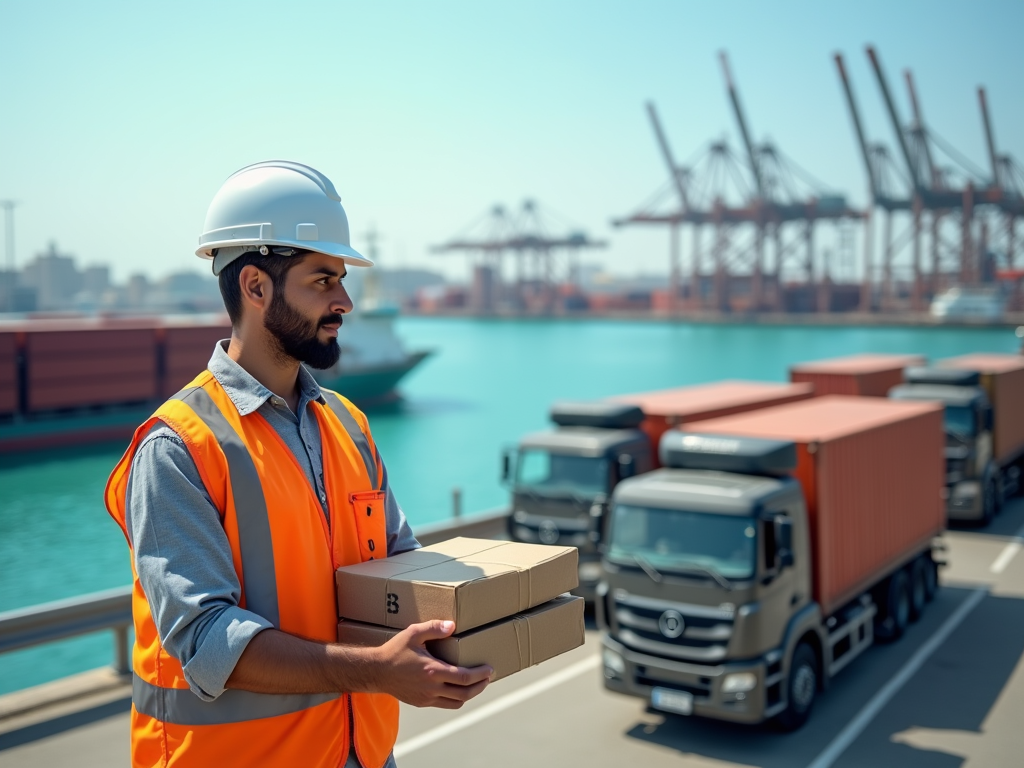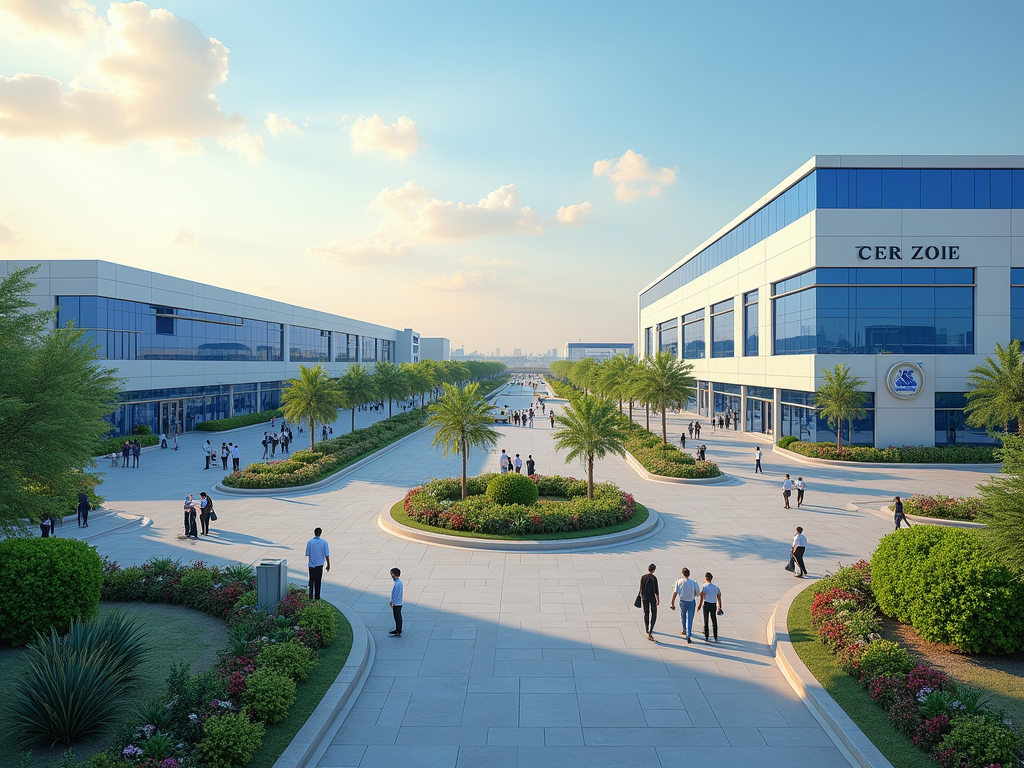Dubai’s free zones have earned a reputation for significantly enhancing international trade by offering a unique combination of favorable regulations, strategic locations, and robust infrastructure. These zones serve as catalysts for economic growth and facilitate seamless trade opportunities for businesses worldwide. In this article, we will explore the myriad ways in which Dubai’s free zones bolster international trade, making them pivotal hubs for commerce in the Middle East and beyond.
Advantages of Dubai’s Free Zones for Businesses

The advantages that Dubai’s free zones offer to businesses are varied and substantial, making them an attractive option for international traders. Here are some key benefits:
- 100% Foreign Ownership: In Dubai’s free zones, foreign investors can own 100% of their businesses, unlike other areas where local partnerships may be required.
- Tax Exemptions: Companies operating in these zones enjoy complete tax exemptions for a predetermined period, including corporate taxes and customs duties.
- No Currency Restrictions: Businesses can repatriate profits in any convertible currency without restrictions, offering financial flexibility.
- Simplified Import/Export Procedures: Free zones facilitate smooth customs processes, allowing for faster clearing of goods and less bureaucratic red tape.
- Access to World-Class Infrastructure: Businesses benefit from state-of-the-art logistics facilities, including ports, airports, and roads, enhancing supply chain efficiency.
Enhancing Supply Chain Efficiency

Dubai’s strategic geographical location and its well-developed infrastructure empower businesses in free zones to optimize their supply chains effectively. The city acts as a major trade gateway between East and West, offering a remarkable proximity to key markets in Europe, Asia, and Africa. With advanced logistics services and a robust transport network—comprising ports and warehouses—companies can efficiently manage inventory and accelerate distribution timelines. The presence of major shipping carriers and air freight services also allows businesses to reach their customers faster, fulfilling demand in a timely manner. Consequently, enhancing supply chain efficiency not only improves cost savings but also fosters better customer satisfaction.
The UAE government has implemented supportive policies aimed at promoting international trade through Dubai’s free zones. These policies include reduced bureaucratic processes and streamlined procedures for starting and running a business. Additionally, the government invests heavily in developing infrastructure that supports trade, including transport, telecommunications, and logistics. Regulatory bodies ensure that the operation standards are adhered to, promoting fair competition and business transparency. Furthermore, there are initiatives to encourage innovation and entrepreneurship, making the free zones more appealing to a diverse range of industries. These supportive government policies create an environment where businesses can thrive and contribute positively to the global economy.
Diverse Business Opportunities Across Various Sectors
Dubai’s free zones cater to a wide array of industries, opening doors to diverse business opportunities. From technology to logistics, manufacturing to media, each free zone is tailored to specific sectors. For example, Dubai Internet City focuses on IT and tech firms, while Dubai Multi Commodities Centre serves as a hub for commodities trading. The unique zoning system attracts a mixture of startups, SMEs, and multinational corporations, creating a dynamic business ecosystem. Such diversity encourages collaboration and innovation, leading to the development of new products and services to cater to the ever-evolving global market. By accommodating various sectors under one roof, Dubai’s free zones provide ample networking opportunities and synergies among businesses.
Conclusion
In conclusion, Dubai’s free zones play a pivotal role in enhancing international trade by offering unique benefits that attract businesses globally. From tax exemptions and 100% foreign ownership to streamlined trade processes and market diversity, these zones provide an ideal environment for companies aiming to expand their operations. The strategic location of Dubai further complements these advantages, making the city a prominent hub for international trading activities. As a result, Dubai not only fuels its own economic growth but also positions itself as a key player in the global trade landscape.
Frequently Asked Questions
1. What is a free zone in Dubai?
A free zone in Dubai is a designated area where businesses can operate with special regulations that provide benefits such as 100% foreign ownership, tax exemptions, and simplified customs processes.
2. How many free zones are there in Dubai?
Dubai is home to over 30 free zones, each catering to various sectors such as technology, media, healthcare, and logistics.
3. Can companies in free zones do business outside of Dubai?
Yes, companies in free zones are allowed to conduct business internationally, but they often require a local distributor or agent to sell directly in the UAE mainland.
4. Are there any restrictions on hiring employees in free zones?
Free zones allow businesses to hire expatriate employees without restriction, providing flexibility in workforce management as long as they comply with local labor laws.
5. How can a business set up in a Dubai free zone?
To set up in a Dubai free zone, a business typically needs to choose the appropriate free zone, submit the necessary documentation, obtain the required licenses, and meet the capital requirements established by the zone.
